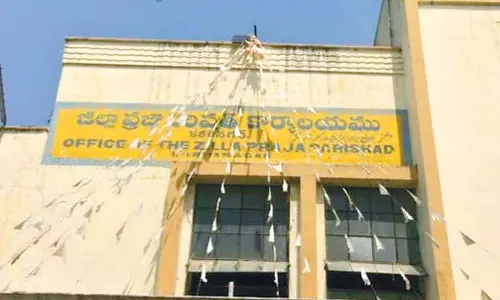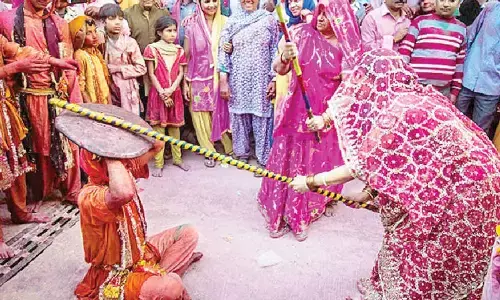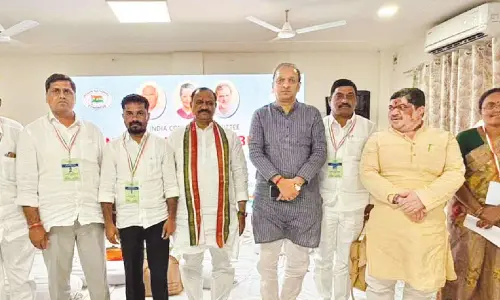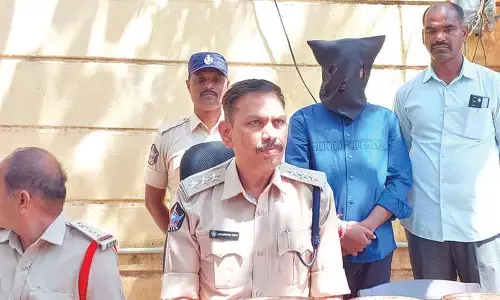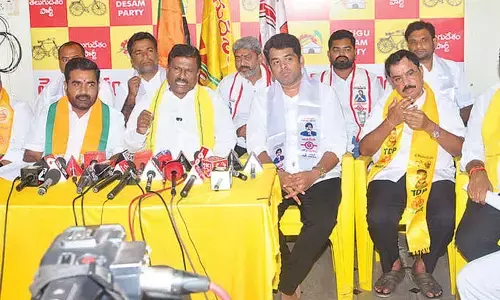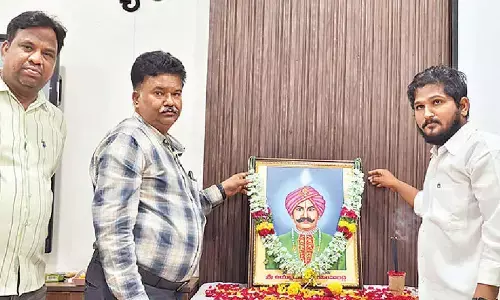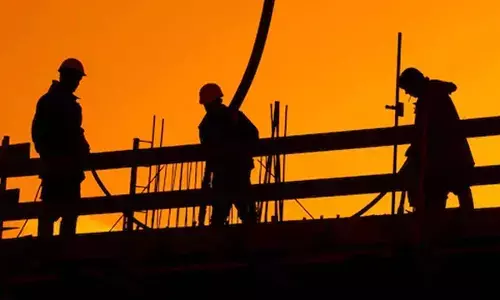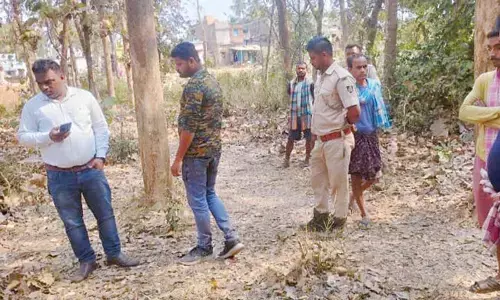Slugfest over drugs, deras, doles & Badals
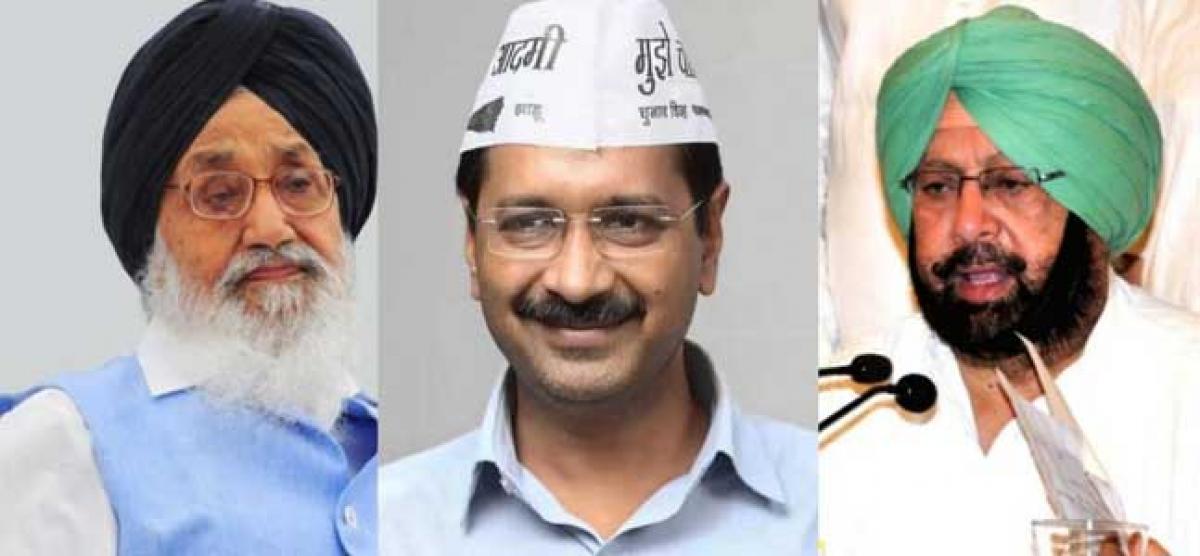
History doesn\'t offer any clues to the outcome of Punjab polls. Geography makes it even more confusing. Caught between time and place are the four Ds drugs, deres, doles and dhakkapolitics of the election scheduled for 4th February.
History doesn't offer any clues to the outcome of Punjab polls. Geography makes it even more confusing. Caught between time and place are the four Ds drugs, deres, doles and dhakkapolitics of the election scheduled for 4th February. History doesn't help because this year's election is unique. For the first time, Punjab is witnessing a triangular contest.
In the revolving door of anti-incumbency that allowed the Congress and the Alkali Dal to win by turn, the Aam Aadmi Party (AAP) has stuck its foot. Adding to the problem of plenty is the large number of spoilers in the fray, including BSP and groups that have splintered from AAP.
The Akalis are facing a surge of anti-incumbency. But the anti-government vote that would have gone to the Congress by default earlier now has many claimants. So the Akalis are losing a huge chunk of its electoral pie to the Congress. The AAP is eating the Congress lunch. And several splinter groups are ruining the AAP feast.
"Traditional vote banks have been disrupted by the AAP. Now, it is difficult to say who is voting for whom," says Harkanwaljit Singh, editor of Punjabi daily Ajeet. Singh has covered Punjab politics for 35 years. But even he is not willing to predict the outcome. Geography is also history. Punjab's three regions, Malwa, Doaba and Majha, are witnessing a huge churn due to the shifting loyalty of voters.
Each region has its own favorite. In Malwa, with 69 constituencies, AAP has a sizable presence. In Doaba, it is in the race for a handful of seats. In Majha, it is a non-entity. Here the Congress is seeing a late surge, more so because of local heavyweight Navjot Singh Sidhu, the latest recruit to the Congress cause.
"The AAP can win only if it sweeps Malwa. The Congress can win only if it sweeps Majha and Doaba and keeps AAP from winning too many seats in Malwa. And the SAD-BJP alliance can win only if the other two parties devour each other, " says Singh. Naturally, it is complicated. Enter the three Ds.
To break the deadlock, the three parties are busy fighting over drugs, doles, support of the deras, religious sects headed by gurus like Gurmeet Ram Rahim aka 'Messenger of God'. And what is locally known as dhakka politics, or Badalism.
"In every halka (constituency), people linked to the Akalis are seen as perpetrators of injustice. There is a lot of anger against these people who rule their halkas with the force of stick. Voters want an end to this dhakka politics, " says Pramod Kumar, director of Chandigarh-based Institute of Development and Communication.
The political slugfest over the drug trade in Punjab is well-known. The AAP made inroads into the state talking about the menace of drugs. The Congress too is now promising to act against drug cartels, which, ironically, were equally active during its tenure 10 years ago. And every candidate is running to the two big deras here, Dera Sachcha Sauda and Dera Beas, popularly known as Radha Soami Satsang.
Sacha Sauda has followers in Malwa. Beas has bhakts across Punjab. So far the deras have played all sides, says Singh. "Every evening, they just put out lists of candidates who visit them without comments," he says.
Finally, there is the politics of competitive manifestos, promises of delivering everything from electricity and jobs to land in far-away Canada and other countries where Punjabis work. "Every party is coming up with doles that would cost the exchequer a ransom. Some of the promises sound ludicrous but in the mad race to lure voters every outrageous promise is met by a more implausible dole," says Kumar.
Unfortunately, in the end even the four Ds may not decide the outcome. Nor would electoral history or demography and geography. The winner could be decided by simple arithmetic, how voters decide to divide the anti-incumbency votes.
By Sandipan Sharma



